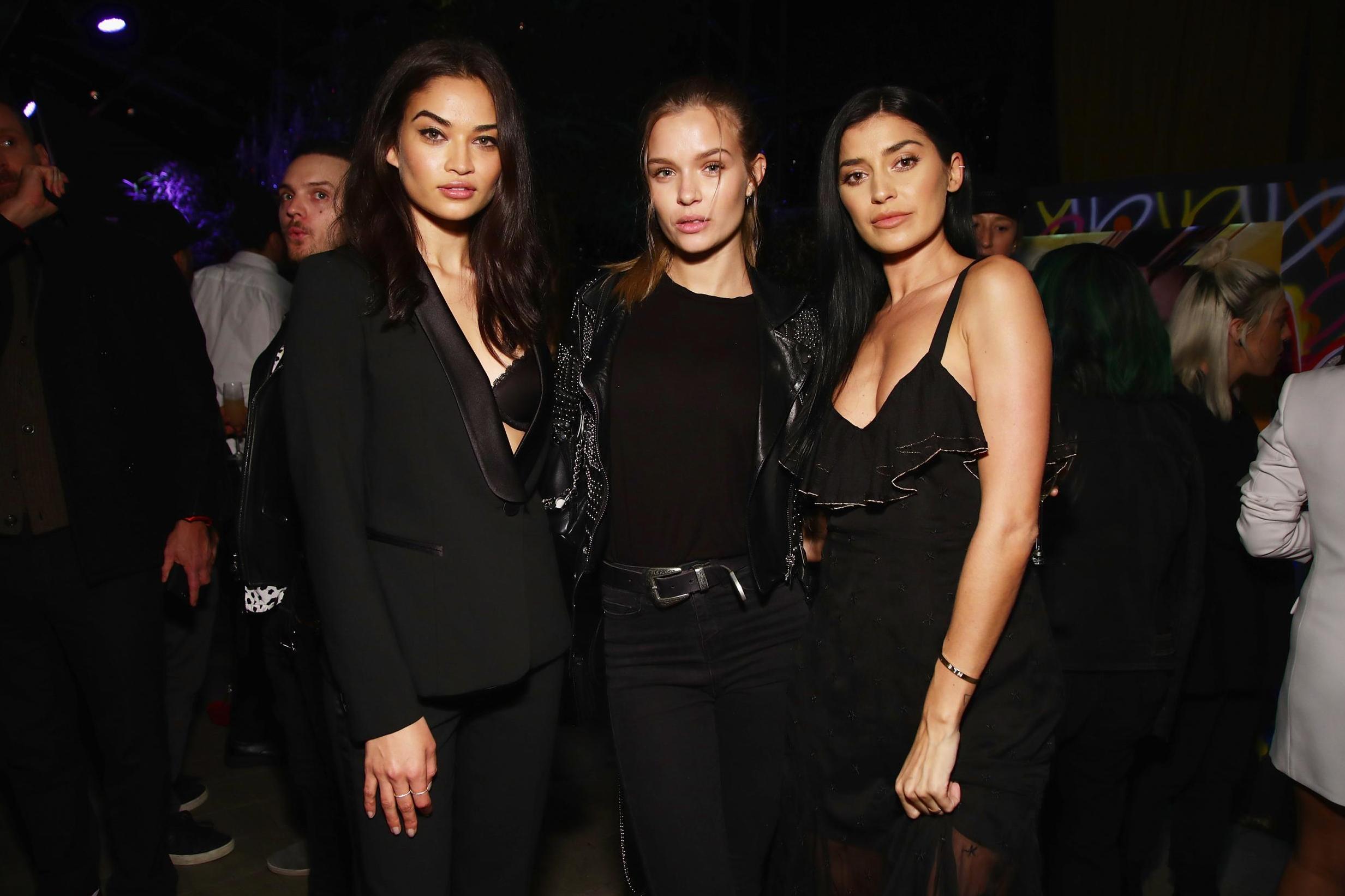Models reveal the one thing they’d change about the fashion industry
The industry is in a state of flux, but what do the models make of it?

Your support helps us to tell the story
From reproductive rights to climate change to Big Tech, The Independent is on the ground when the story is developing. Whether it's investigating the financials of Elon Musk's pro-Trump PAC or producing our latest documentary, 'The A Word', which shines a light on the American women fighting for reproductive rights, we know how important it is to parse out the facts from the messaging.
At such a critical moment in US history, we need reporters on the ground. Your donation allows us to keep sending journalists to speak to both sides of the story.
The Independent is trusted by Americans across the entire political spectrum. And unlike many other quality news outlets, we choose not to lock Americans out of our reporting and analysis with paywalls. We believe quality journalism should be available to everyone, paid for by those who can afford it.
Your support makes all the difference.This season, more designers are eschewing sartorial traditions than ever before.
Thanks to a rise in diverse casting and subtle allusions to the current political climate on the runway, there’s never been a more interesting time to work in fashion.
But what do the models themselves make of such progress? And what more can be done?
From plus-size model Felicity Hayward to Victoria's Secret star Shanina Shaik, we asked the model crowd for their verdict on the state of the fashion industry now.
And while Hayward appreciates that designers and casting agents are finally waking up to the importance of diversity, she argues we have a while to go before this becomes ubiquitous across the industry.
“It's brilliant that brands are realising using models of all shapes, sizes, skin tones, ages and disabilities is the key to a positive brand image," she told The Independent. "However, this should be a normality."
For Shanina Shaik, this progression is promising. "Fashion has always been a way to express yourself, but I think now more than ever designers and models are using the opportunity to make a statement," she said.
"I think the industry is doing an amazing job of evolving and working to be more inclusive of a all kinds of people.”
Rising model Grace McGovern agrees, explaining that even our perception of what constitutes as a ‘model’ has changed.
"I love girls of all sizes being celebrated and even companies like ASOS have stopped photoshopping their models, making sure to include their stretch marks, lumps, bumps and all the glorious things women have to offer," she said.
"I struggled with conforming to the old school stereotypes of what models should look like when I was younger."
However, the young Brit added that change is needed in terms of recognition for those working in less publicised roles, such as production coordinators and other back of house jobs that typically come with highly demanding schedules.
"If I could change one thing it would be for those who work behind-the-scenes to have a little more praise and credit for their work,” she added.
For Swedish beauty Ida Lundgren, a lot of this change can be credited to social media, which she describes at "empowering".
However, she added that often casting agents place too much importance on social media followings when booking models for shows and campaigns, which can lead to vast imparities within the modelling world.
"I want the industry to be driven by talented individuals rather than individuals with just a large following,” she told The Independent.
Join our commenting forum
Join thought-provoking conversations, follow other Independent readers and see their replies
Comments